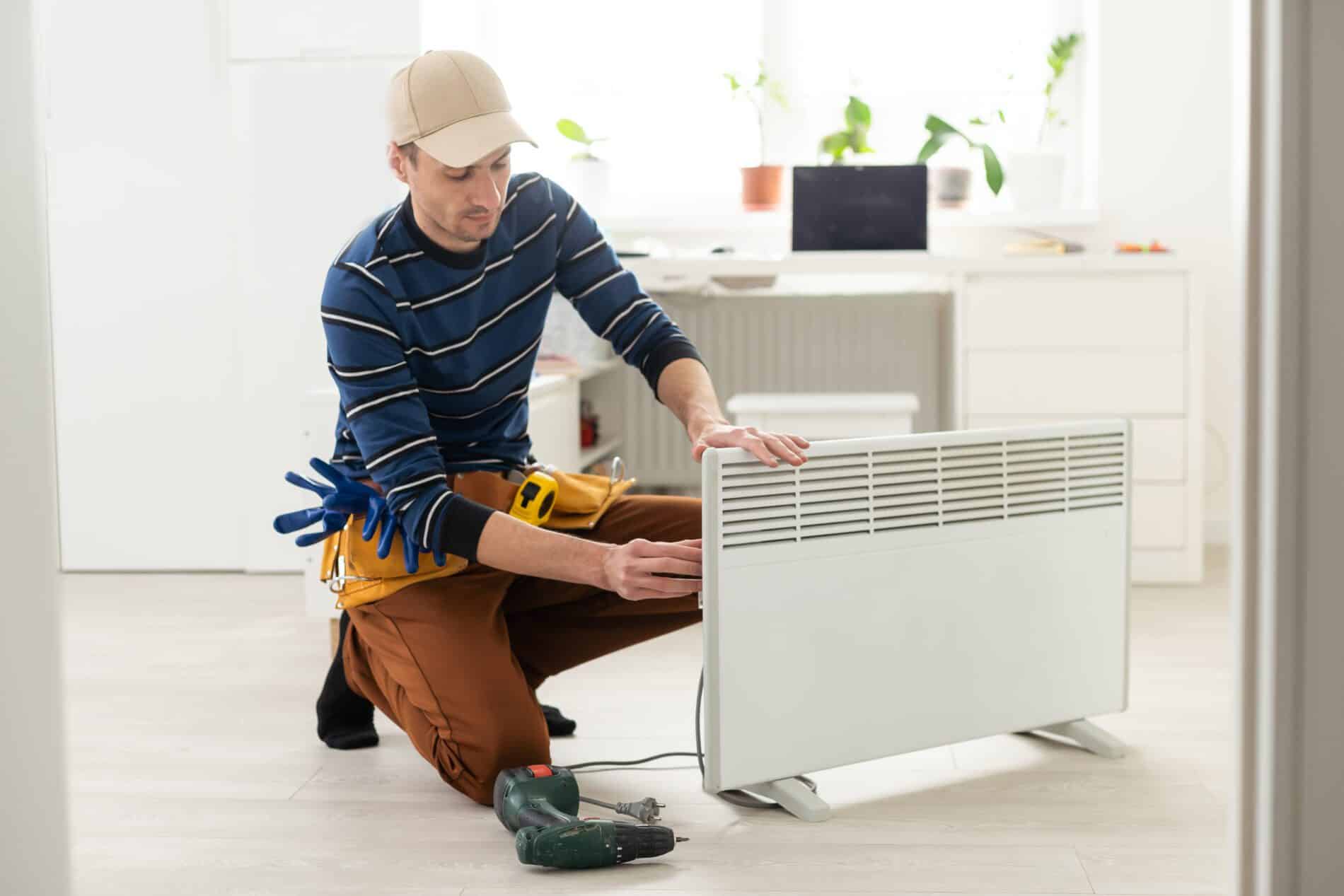The content listed below pertaining to Common Problems with Your Home Water Heater is amazingly insightful. Don't miss it.

Envision beginning your day without your routine warm shower. That currently establishes an inadequate tone for the rest of your day.
Every home needs a reliable water heater, however only a few know just how to handle one. One easy way to maintain your water heater in leading shape is to check for mistakes consistently and repair them as quickly as they show up.
Remember to turn off your hot water heater prior to smelling about for mistakes. These are the water heater faults you are more than likely to run into.
Water also warm or too chilly
Every water heater has a thermostat that figures out how warm the water gets. If the water coming into your home is too warm despite establishing a hassle-free optimum temperature, your thermostat could be faulty.
On the other hand, as well cold water may result from a failed thermostat, a busted circuit, or improper gas flow. As an example, if you make use of a gas water heater with a busted pilot burner, you would get cold water, even if the thermostat is in best problem. For electric heating systems, a blown fuse might be the wrongdoer.
Inadequate hot water
Hot water heater can be found in many dimensions, relying on your warm water demands. If you lack hot water prior to everybody has had a bathroom, your water heater is as well small for your family size. You need to consider mounting a larger hot water heater tank or going with a tankless hot water heater, which occupies much less area and is more long lasting.
Weird sounds
There are at the very least 5 type of sounds you can speak with a water heater, however the most common analysis is that it's time for the water heater to retire.
First of all, you must be familiar with the typical appears a water heater makes. An electric heater might seem various from a gas-powered one.
Standing out or banging noises generally indicate there is a slab of debris in your containers, as well as it's time to clean it out. On the other hand, whistling or hissing sounds might just be your valves allowing some pressure off.
Water leaks
Leaks could originate from pipes, water connections, valves, or in the worst-case scenario, the storage tank itself. Over time, water will rust the storage tank, as well as discover its way out. If this happens, you require to change your hot water heater as soon as possible.
Nevertheless, prior to your adjustment your entire tank, make sure that all pipes remain in place which each valve works completely. If you still need aid recognizing a leakage, call your plumber.
Rust-colored water
Rust-colored water suggests one of your hot water heater parts is worn away. Maybe the anode rod, or the storage tank itself. Your plumber will have the ability to identify which it is.
Lukewarm water
No matter exactly how high you established the thermostat, you won't obtain any hot water out of a heating unit well past its prime. A water heater's performance might decrease with time.
You will also get warm water if your pipes have a cross connection. This indicates that when you activate a tap, warm water from the heater flows in along with routine, cold water. A cross link is easy to spot. If your hot water faucets still follow shutting the water heater valves, you have a cross link.
Discoloured Water
Rust is a significant reason for unclean or discoloured water. Deterioration within the water storage tank or a stopping working anode pole could create this discolouration. The anode pole secures the container from rusting on the within and also need to be checked annual. Without a rod or an effectively working anode rod, the warm water swiftly corrodes inside the storage tank. Get in touch with a specialist water heater service technician to determine if changing the anode pole will fix the problem; if not, replace your water heater.
Final thought
Ideally, your water heater can last 10 years before you require an adjustment. Nonetheless, after the 10-year mark, you may experience any of these mistakes more on a regular basis. Now, you must include a new water heater to your spending plan.
How To Troubleshoot 3 Common Water Heater Problems in Twin Cities
The Water Heater Is Leaking
A leaky cold water inlet valve A loose pipe fitting A leaky temperature and pressure relief valve A corroded anode rod A cracked tank Turn Off Your Water Heater:
Shut off your gas water heater by turning the gas valve on the unit to the “OFF” position. Shut off your electric water by switching its power off at your electrical panel. Look for a two-pole breaker labeled “water heater” and turn it to the “OFF” position. Move the ball valve connected to the water heater to be perpendicular to the piping at a 90° angle. Look for the Leak:
Depending on whether the water is coming from the tank's top or bottom, you’ll want to look for the leak in different locations.
If the leak comes from the top of the tank, carefully look for water escaping from the cold water inlet valve or loose pipe fittings. Rusted hot and cold water valves can have loose connections with the tank, with water leaking out of them.
https://mspplumbingheatingair.com/blog/how-to-troubleshoot-3-common-water-heater-problems
Do you like reading about Water Heater Repair and Troubleshooting? Put a short review down the page. We will be delighted to hear your ideas about this piece. In hopes that you visit us again in the future. Sharing is good. You just don't know, you will be helping someone out. I take joy in reading our article about Water Heater Repair and Troubleshooting.
Trust us, dial!